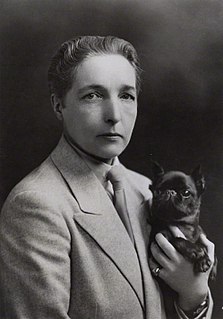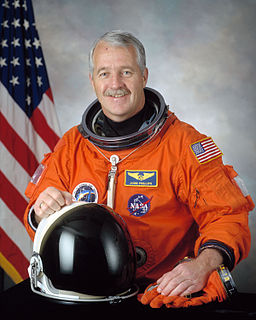A Quote by Robert Kurson
A century before the concept took hold in America, pirate ships were democracies. Most captains were elected by crew and could be voted out anytime.
Related Quotes
Talk loud enough about human rights and it gives the impression of democracy at work, justice at work. There was a time when the United States waged war to topple democracies, because back then democracy was a threat to the Free Market. Countries were nationalising their resources, protecting their markets.... So then, real democracies were being toppled. They were toppled in Iran, they were toppled all across Latin America, Chile.
Virtually all political discourse in the days of my youth was devoted to the ferreting out of hypocrisy... Because they were hypocrites, the Victorians were despised in the late twentieth century. Many of the persons who held such opinions were, of course, guilty of the most nefarious conduct themselves, and yet saw no paradox in holding such views because they were not hypocrites themselves-they took no moral stances and lived by none.
One [paradox] is that pornography follows in that wake of women's liberation. The first instances of hard-core pornography were in late 18th-century in France, "the Golden Age of Women." The next wave in the 20th century comes from Sweden, one of the first countries where women voted. Then Germany, again, at the forefront of progress. Then America in the '80s, when women were closing the pay gap. And Japan, same thing.
Paul Keating told us before we were elected that you can do deals with [Rupert] Murdoch without saying you were doing a deal. Did we do that kind of thing? Maybe. But from around about the turn of the century, I felt strongly that we had to do something about media ownership and self-regulation. Tony [Blair] disagreed.

































